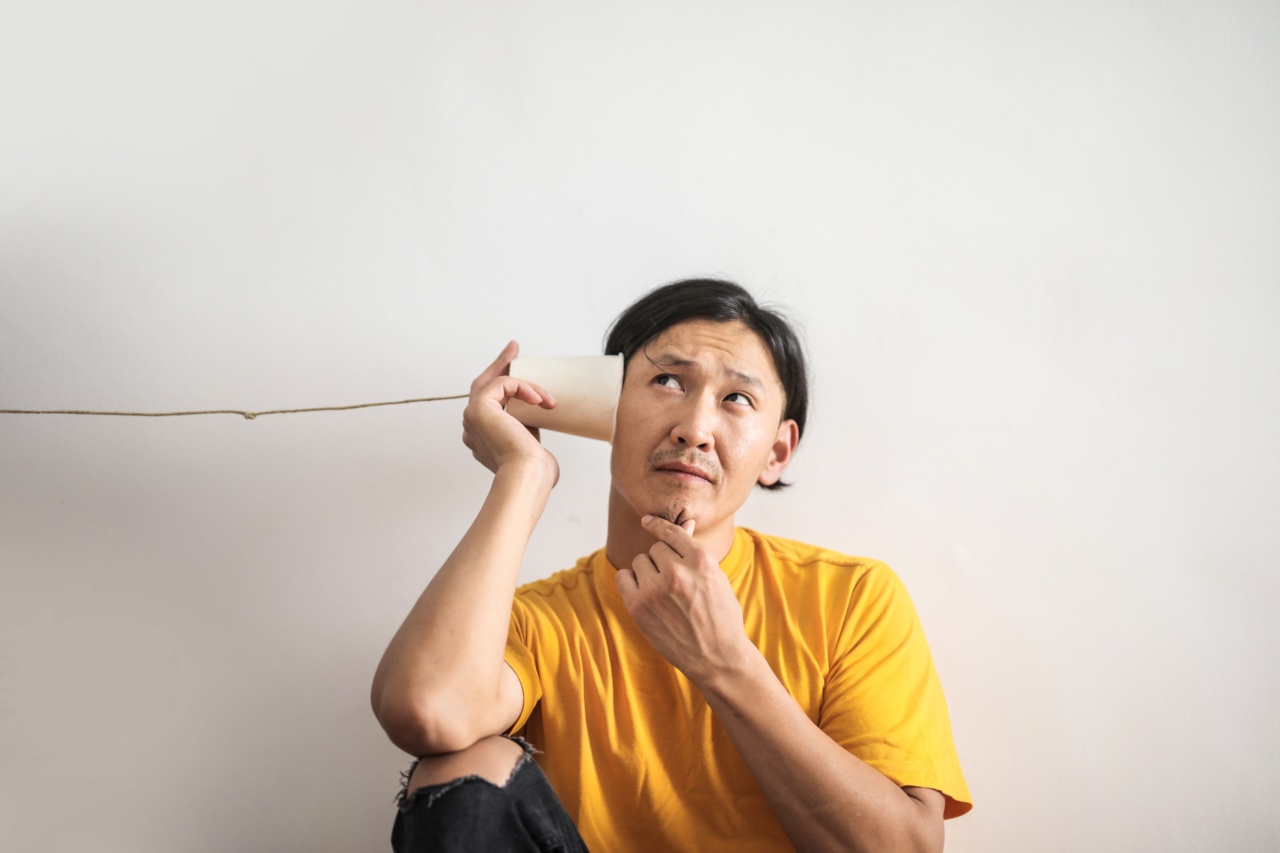Have you ever wondered how old your brain really is? Is it the same age as your body, or does it age differently? In this article, we will explore the surprising answer to this intriguing question.
The Age-Old Debate: Body vs. Brain
Traditionally, aging has been synonymous with the deterioration of our physical bodies. Wrinkles, gray hair, and loss of strength are all commonly associated with getting older.
However, recent scientific research has shed light on the aging process of our brains and discovered some fascinating insights.
Brain – The Fountain of Youth
The brain, often referred to as the “fountain of youth,” has a remarkable ability to regenerate and rewire itself throughout our lifetime. It continually adapts and forms new connections, a phenomenon known as neuroplasticity.
This means that, to some extent, our brains can defy the traditional aging process.
Chronological Age vs. Brain Age
When we talk about our age, we usually refer to our chronological age – the number of years we have lived since birth. However, your brain age can be quite different from your chronological age.
It is possible for your brain to be younger or older than your actual age, depending on various factors.
The Impact of Lifestyle Choices
One of the primary factors that influence the aging of our brains is our lifestyle choices.
Engaging in regular mental exercises, maintaining a healthy diet, getting enough sleep, and staying physically active can all contribute to keeping our brains young and vibrant.
Stress – The Silent Aggressor
Chronic stress can significantly accelerate the aging process of our brains. The prolonged release of stress hormones such as cortisol can damage brain cells and negatively impact cognitive function.
Learning healthy stress management techniques is crucial for maintaining a youthful brain.
It’s All in Your Genes
Genetics also play a role in determining the age of our brains. Some individuals are genetically predisposed to have a higher risk of age-related cognitive decline, while others have genes that promote brain health and longevity.
However, it’s important to remember that genetics are not the sole determinant and that lifestyle choices still have a significant impact.
Brain Exercises – Keeping the Grey Matter Young
Just as physical exercise keeps our bodies fit, engaging in brain exercises can help keep our minds sharp and youthful.
Activities such as puzzles, reading, learning new skills, and even playing certain video games can promote neuroplasticity and enhance cognitive abilities.
The Role of Social Interaction
Research suggests that maintaining strong social connections and engaging in social activities can help slow down brain aging. Interacting with others stimulates the brain, enhances memory, and improves overall cognitive function.
So, don’t underestimate the power of socializing!.
Brain Age – The Surprising Truth
Now for the answer you’ve been waiting for – how old is your brain? Well, studies have found that on average, the human brain tends to age at a rate of about 0.4 to 0.5 years per chronological year.
This means that, as we get older, our brains do age, but not as rapidly as our bodies.
Conclusion
Age is just a number when it comes to our brains. While our bodies inevitably show signs of aging, our brains have the incredible ability to stay more youthful with proper care and stimulation.
By making healthy lifestyle choices, engaging in brain exercises, and fostering social connections, we can defy the conventional notion of aging and keep our brains sharp and vibrant for years to come.































